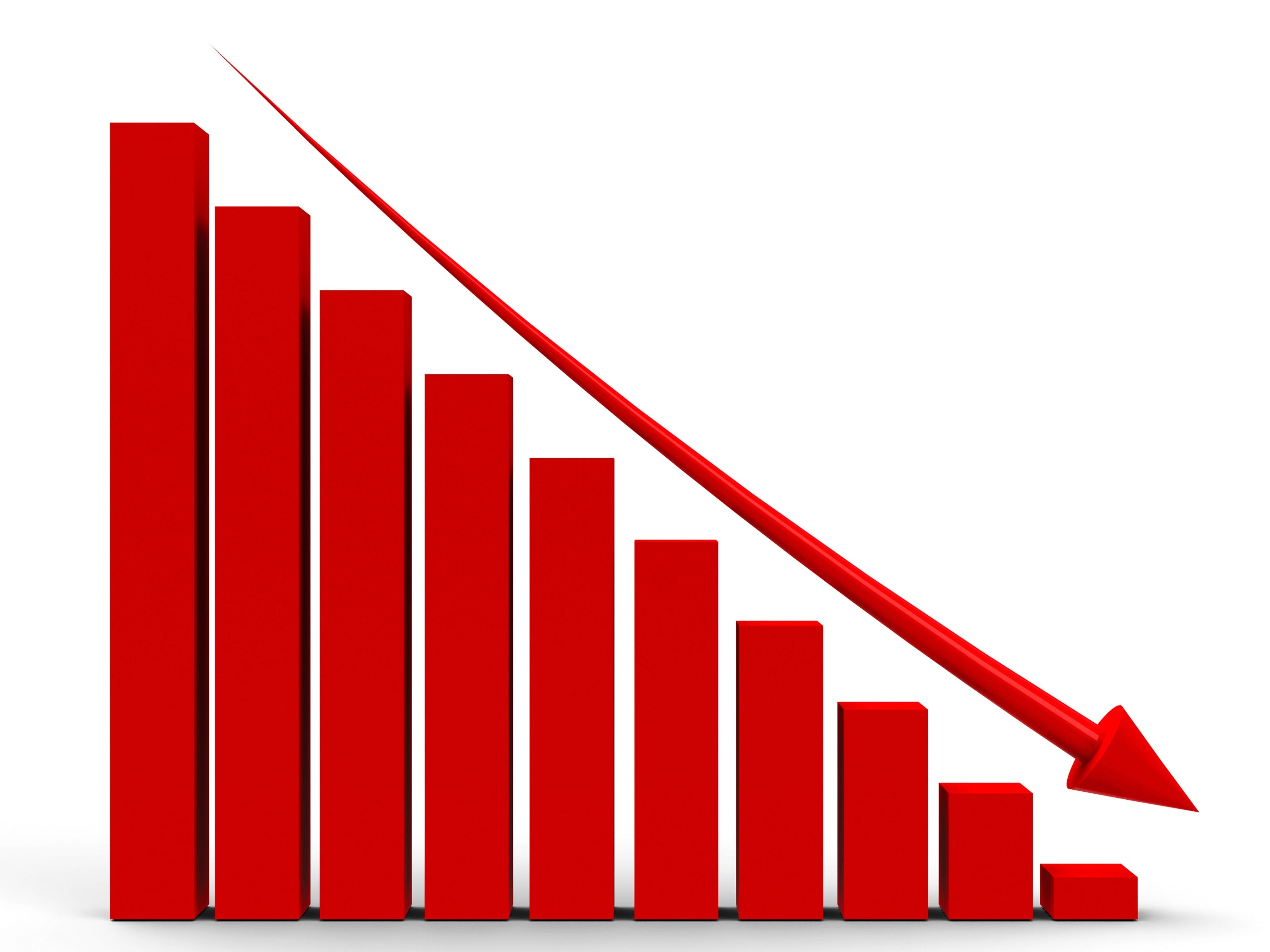Home Depot in 2025: Navigating Consumer Behavior and Market Challenges
Home Depot is at a pivotal point in 2025. With shifting consumer behaviors and economic pressures, I've researched how America's largest home improvement retailer is adapting. Let's explore Home Depot's performance, customer trends, and competitive challenges in this rapidly evolving market.

Home Depot's Current Market Position
Home Depot remains a giant in home improvement retail, consistently outperforming competitors like Lowe’s and ACE Hardware. With thousands of stores nationwide, Home Depot holds a significant market share. Yet, recent changes in consumer behavior and economic conditions are beginning to test its dominance.
Q1 2025 Financial Performance
In Home Depot's Q1 2025 earnings report, the company posted sales of $39.9 billion, marking a 9.4% year-over-year increase. However, despite this growth, overall comparable sales dipped slightly by 0.3%. Interestingly, comparable sales within the U.S. actually rose by 0.2%, indicating nuanced consumer spending habits.

Decline in Customer Foot Traffic
According to recent data from Placer.ai's analysis on Home Depot foot traffic, Home Depot experienced a notable 4.2% decrease in visits per store. This trend raises important questions about changing customer preferences. Many consumers now prefer online shopping or curbside pickup, fundamentally shifting the retail experience.
Shift in Consumer Spending Patterns
Customers are increasingly opting for smaller, more affordable home improvement projects. High interest rates and inflation have discouraged large renovations. Instead, DIY-friendly projects like painting and gardening have surged, influencing how Home Depot approaches its product and marketing strategies.

Emphasis on Self-Checkout and Technology
One of Home Depot’s major strategic shifts has been the implementation of self-checkout systems. While convenient for quick shoppers, this move has received mixed reactions. Many customers express frustration due to the loss of personalized service, pushing some towards competitors that emphasize customer assistance, such as ACE Hardware.
Supply Chain Diversification Amid Tariffs
Home Depot has actively diversified its supply chain, aiming to limit the impact of global tariffs. By reducing dependency on any single country—particularly China—the company ensures stable pricing and availability. This approach has been critical amid ongoing trade uncertainties, as explained by Home Depot's pricing strategy amid tariffs.
Competitive Landscape and Market Share
Competition from Lowe's and ACE Hardware remains fierce. ACE, notably, has capitalized on Home Depot’s reduced customer service by offering personalized attention and expert advice. This shift challenges Home Depot's market share, pushing them to reconsider their current strategies.

Future Outlook and Strategic Plans
Looking ahead, Home Depot plans to enhance its digital presence and continue expanding store locations. However, they'll need to balance technology-driven convenience with customer service improvements to regain and retain customer loyalty.
Frequently Asked Questions (FAQs)
Q1: Why are Home Depot's comparable sales declining?
A: Declines stem from lower foot traffic, economic uncertainties, and a preference for smaller, budget-conscious projects.
Q2: How is Home Depot addressing the decrease in big-ticket purchases?
A: They're focusing on promotions for smaller DIY projects to cater to current consumer budgets and preferences.
Q3: What steps is Home Depot taking to counteract tariff impacts?
A: Home Depot is diversifying its supply chains to minimize reliance on tariffs, ensuring competitive pricing and availability.
Watch Our Full Analysis on YouTube
For an even deeper dive into Home Depot’s current strategies and consumer trends, check out our latest YouTube video here:
Stay informed and ahead of the curve!
